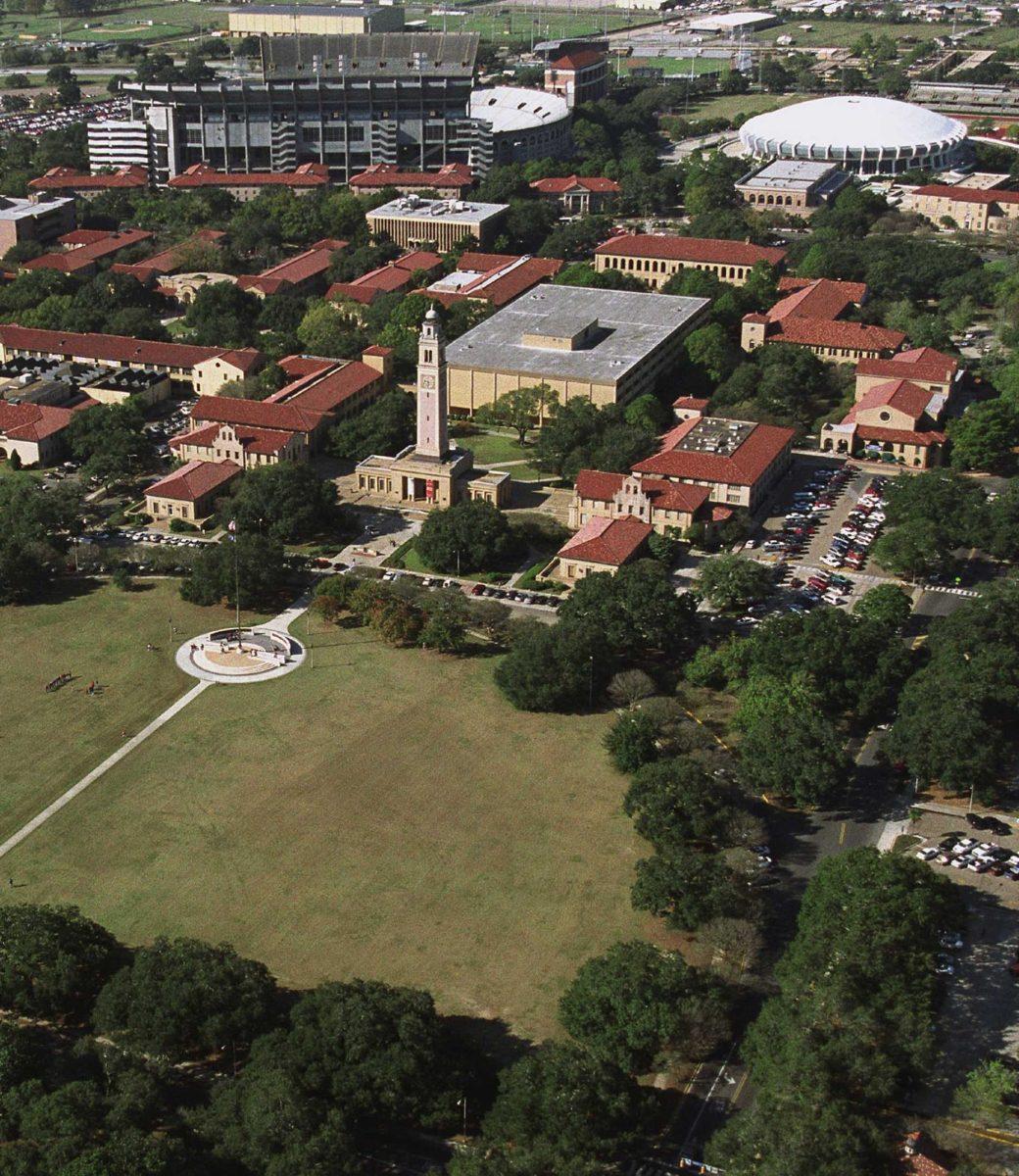The threat of budget cuts has brought home the drama of the recent fiscal feeding frenzy to students. These retrenches are almost as universally opposed as not “supporting the troops.”It’s easy to imagine a world where none go to college. Without four years of general training, many companies would have to absorb the additional cost of training their employees. Many professional careers in engineering, medicine and law would face deficits, and many would miss out on a well-rounded liberal arts education.But it’s also easy to imagine a world where almost all go to college. In more subtle ways, this would be just as corrosive to the standard of living.As college degrees became more pervasive, individual degrees would no longer function as career signals. Because very few jobs require four years of general training, universities would have to offer majors unrelated to their students’ future.As the number of teachers and students increased, public universities would suck up more and more of the country’s resources. All else held equal, an investment in human capital is a good thing.However, because the federal government is relying on deficit financing, all new government expenses come at the direct expense of private investment. Every dollar spent in a university is a dollar not spent on infrastructure, new technology or rehabilitating the broken “rust belt.”Somewhere in the middle of these two extremes lies a socially optimal level of college attendance. Anywhere to the left or right of this inverted-U would represent a waste of resources. It certainly appears as though we are to the right of the optimal enrollment level. Think about your personal experiences.Students, I am sure you’re ambitious, hard-working and making the most of your liberal college curriculum. But you’ve probably noticed many of your classmates lack drive, motivation or a meaningful major. It should be no surprise grade inflation is the norm in nontechnical fields.Professors, I am certain your classes are engaging, instructive and relevant. But you’ve probably noticed many of your coworkers are uninvolved, disinterested and have nothing left to strive for except tenure. And you can probably think of at least one redundant administrator.After examining the incentives in education, Adam Smith, the father of modern economics, wrote, “In the university at Oxford, the greater part of the public professors have, for these many years, given up altogether even the pretense of teaching.” I hope this 18th century critique doesn’t apply to the modern university.For students seeking technical jobs, investing in a college degree is worth the corresponding debt. But for others, a college degree is only worth its cost after government scholarships and federal student loans.Rather than seeking knowledge, most university students are merely seeking a credential. Only 55 percent of the fall 2008 graduating class found a job in a field directly related to their major, according to Career Services. The national figures probably aren’t that different.Instead of wasting time in an unproductive college experience, these students could have spent these productive years interning in their field.Widespread college degrees have had an especially perverse effect on those who cannot afford a degree even after taxpayer help. Many companies will simply rely on college performance. This puts the less affluent at a significant disadvantage.In Griggs v. Duke Power Co., the Supreme Court made many uses of aptitude tests illegal. This made college credentials an attractive alternative, according to economist Lowell Gallaway.Contrary to the consensus, the world might be a better place if universities were less well-funded.Daniel Morgan is a 21-year-old economics junior from Baton Rouge.–Contact Daniel Morgan at dmorgan@lsureveille.com
Common Cents: Our universities: Over-funded and over-attended
March 10, 2009




